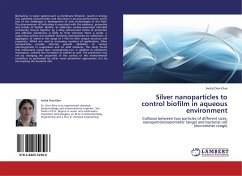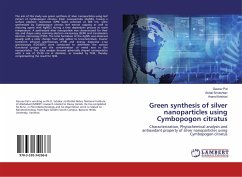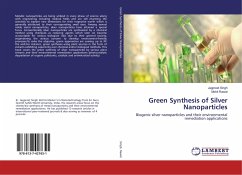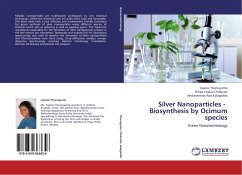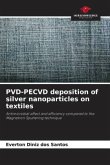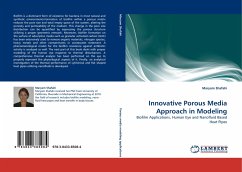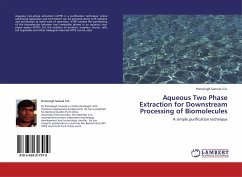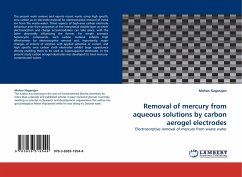Biofouling, in water systems such as membrane filtration, results in energy loss, potential contamination and decreases in process performance; and is one of the challenges in development of new technologies in this field. The phenomenon of biofouling is associated with the existence, properties and activity of biofilm. Biofilm an elaborate surface-associated microbial community, bound together by a slimy self-secreted matrix of protective and adhesive substances is likely to form wherever there is water, a supporting surface and available nutrients. Nanoparticles are collections, in aggregate, of atoms in the range of 1-100 nm with unique structure and properties. Which are used in increasing numbers of applications. Silver nanoparticles provide effective growth inhibition of various microorganisms in suspensions and on solid mediums. This study found that molecularly caped silver nanoparticles can, in addition to planktonic inactivation, prevent the formation of biofilm as well. The prevention was not by changing the properties of the surface or the environmental conditions as performed by other novel prevention approaches, but by interrupting the bacterial cells.
Bitte wählen Sie Ihr Anliegen aus.
Rechnungen
Retourenschein anfordern
Bestellstatus
Storno

